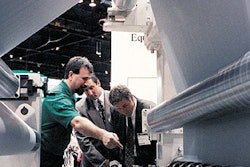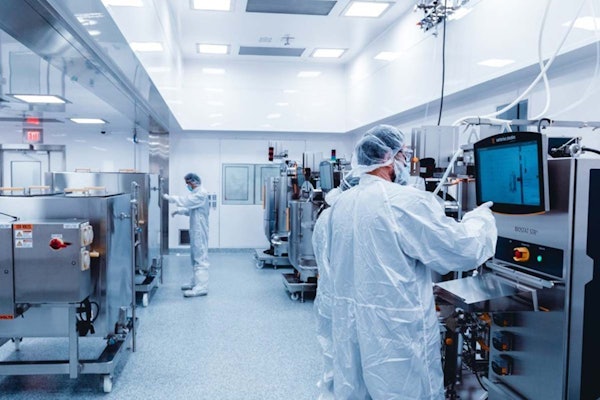Healthcare enters time of profound change
Attention packagers in the healthcare business: Healthcare has entered a time of profound change. That's according to TRAX: Pharmaceutical Supply Chain Integrity, a conference held May 3-4 in Baltimore and produced by the Institute for International Research. The conference brought the following ideas to its audience:
May 8, 2007
Researched List: Blister Machines for Life Sciences
Need a blister machine for life sciences packaging? Our curated list features companies serving pharmaceutical, medical device, nutraceutical, and cosmetic industries. Download to access company names, locations, machine specifications, descriptions, and more.
Download Now
List: Digitalization Companies From PACK EXPO
Looking for CPG-focused digital transformation solutions? Download our editor-curated list from PACK EXPO featuring top companies offering warehouse management, ERP, digital twin, and MES software with supply chain visibility and analytics capabilities—all tailored specifically for CPG operations.
Download Now
Downloads

















